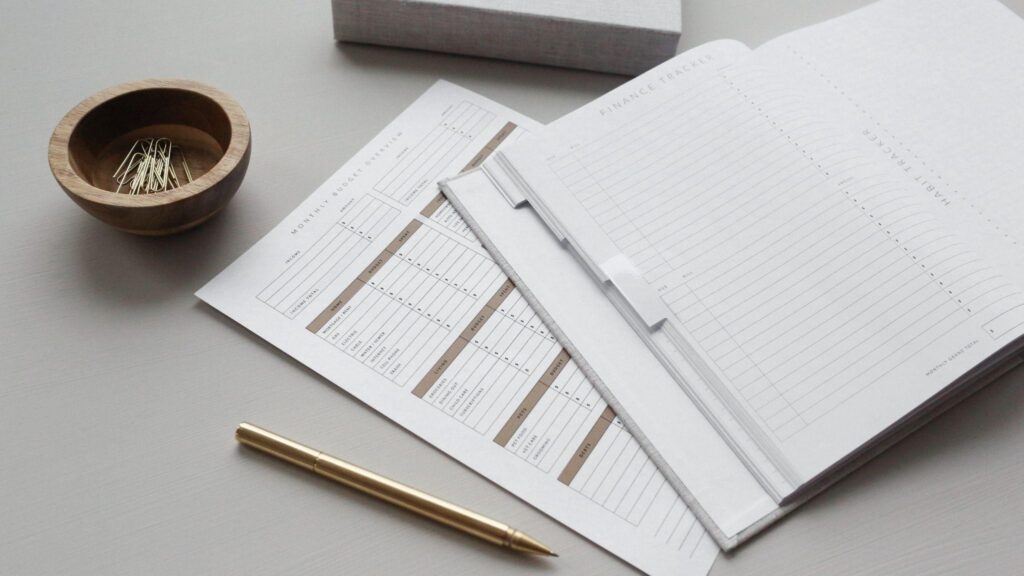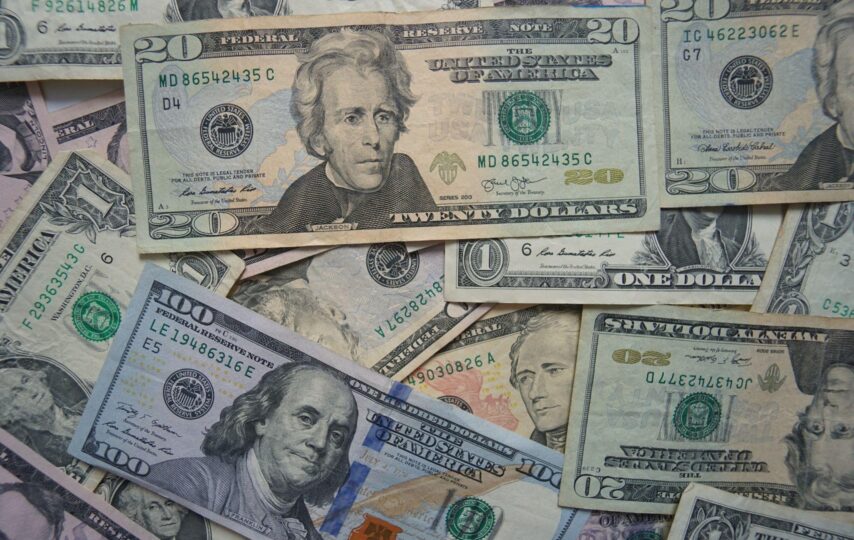Buying a home is one of the most significant investments you’ll ever make and for that kind of purchase, you’re likely going to need some financing. When you obtain a mortgage from a lender, you’ll need to set aside some funds to go towards a down payment on your home. How much you need, however, depends on a few different factors.
In this article, you’re going to learn about how much money you’ll need for a deposit on your mortgage as well as what goes into determining your deposit amount.
Learning About Down Payments
Unless you’ve made a significant purchase in the past, you may not know much about down payments. A down payment is an upfront payment that has to be made on a large purchase. Typical financed purchases that require a down payment are vehicles, appliances, and, of course, homes.
When you’re buying a home, a down payment is the money that you put towards the purchase of your house. After this is determined, your lender will provide the rest of the money necessary to make the purchase.
Most Lenders Require a Down Payment
When you’re borrowing a large sum of money, particularly enough to buy a house, lenders are going to require a down payment. To them, a down payment is a showing of good faith that you’re going to continue paying on the loan. Now, some loans don’t require a down payment, but if that is the case, you can expect that overall costs will be higher.
How Much Am I Going to Need for a Down Payment?
Most lenders are going to have a minimum amount for the down payment that they’ll require. Typically, 20% is the minimum that you’ll have to put down for your mortgage loan. For example, if you are applying for a $350,000 loan, you’ll need $70,000 for your down payment. This isn’t true in all cases, however. Regardless, you can use a mortgage calculator, which is a helpful tool that can help you plan for your down payment and other aspects of your mortgage.
Some Lenders Have Different Requirements
Some lenders are going to allow you to put down less than 20% as a down payment on your mortgage loan. Listed below are the different types of loans, including what they’re going to typically require you to put down.
- FHA Loans: FHA loans are backed by the Federal Housing Administration, and they require as little as 3.5% down.
- VA Loans: VA loans are backed by the U.S. Department of Veterans Affairs. Often, these home loans do not require a down payment. Additionally, they are only available to service members, both active and past.
- USDA Loans: USDA loans are backed by the U.S. Department of Agriculture. They are a part of the department’s Rural Development Program. Buyers must meet specific income requirements to be eligible.
Other conventional mortgages can also have lower down payment requirements. Examples of these are the Fannie Mae and Freddie Mac mortgages. These down payments can be as low as 3.5%.
Down Payments May be Based on Other Requirements, Too
While down payments can vary based on the lender, certain factors come into play when it comes to the buyer. Buyers with higher credit scores or strong credit history may be able to get a lower down payment requirement.
Larger Down Payments Come with Some Advantages
When you’re considering the size of your down payment, bigger is usually better. When you’re able to put more money down, you’re going to receive a number of benefits:
- Lower Interest Rate: The more money you’re able to put down on your mortgage, the lower the interest rate you’ll receive.
- Lower Fees: When you put down more money, you’re going to see lower fees both upfront and over time.
- Higher Equity: Your down payment is the initial investment you make in your home. Your down payment relates directly to how much equity you have right off the bat.
- Lower Monthly Payments: The more money you put down on your home, the less you have to borrow to purchase it. This results in lower monthly payments on your mortgage.
A larger down payment shows your lender that you’re more invested in purchasing the home that you’ve got your eyes on. It also reduces the amount of money they’ll have to lend you, making you a lower risk.
Determining How Much to Put Down on Your Home

As we mentioned before, the bigger the down payment, the better off you’ll be. However, some thought still needs to go into the size of your down payment. If you’re wrestling with how much you should put down, take the following things into consideration:
- Consider Your Upfront Costs: Buying a home involves more than just putting down a down payment. You’ll need money after you’ve purchased your house for fees, as well as possible repairs.
- Determine a Monthly Budget: Your mortgage payment is affected by your down payment. The higher the down payment, the lower the monthly payment. Create a budget that tells you how
much money you should spend on your mortgage payment each month while leaving money for other ongoing costs.
- Find a Lender That Meets Your Needs: Your down payment is highly dependent upon your lender. Make sure that you find one that allows you to put down an appropriate amount for your financial needs.













